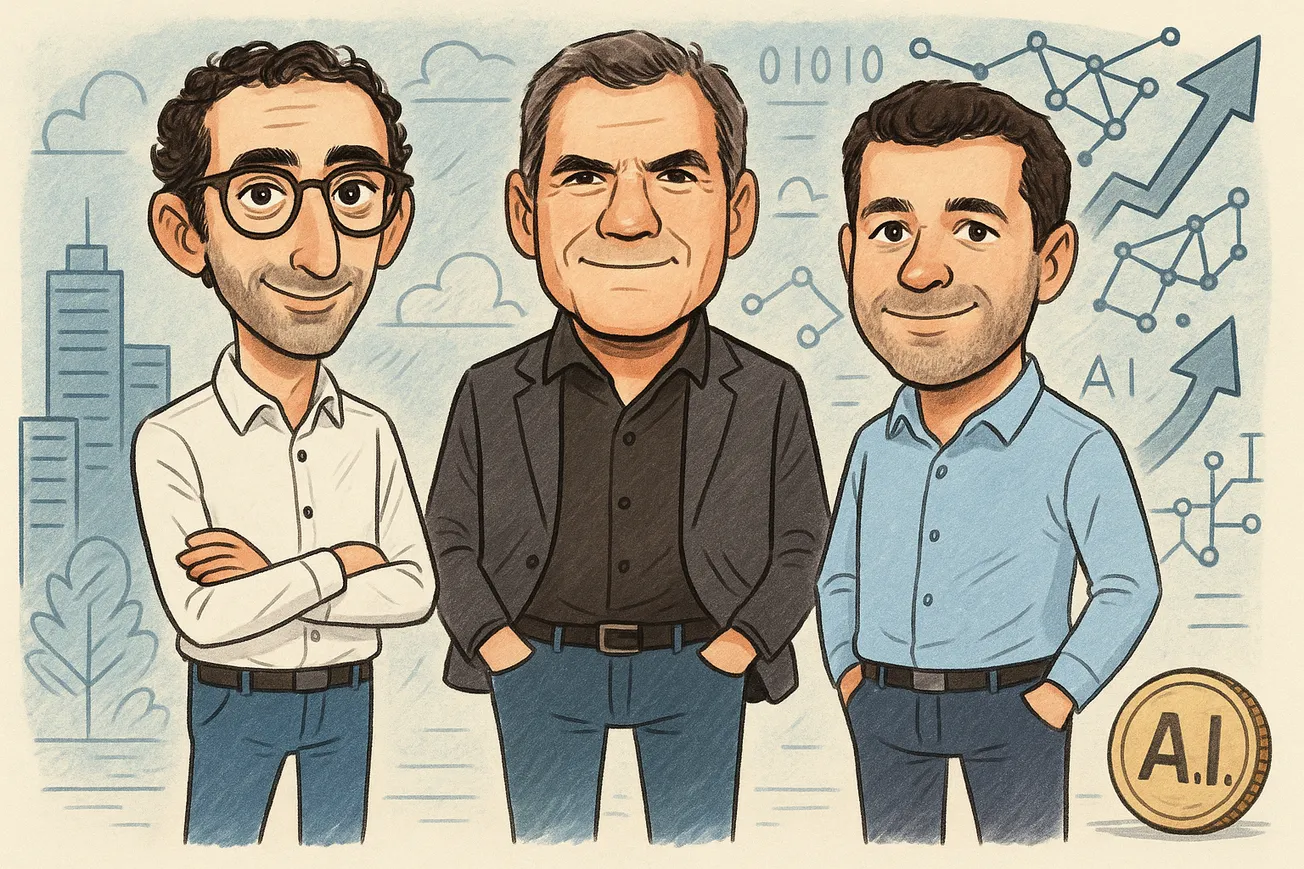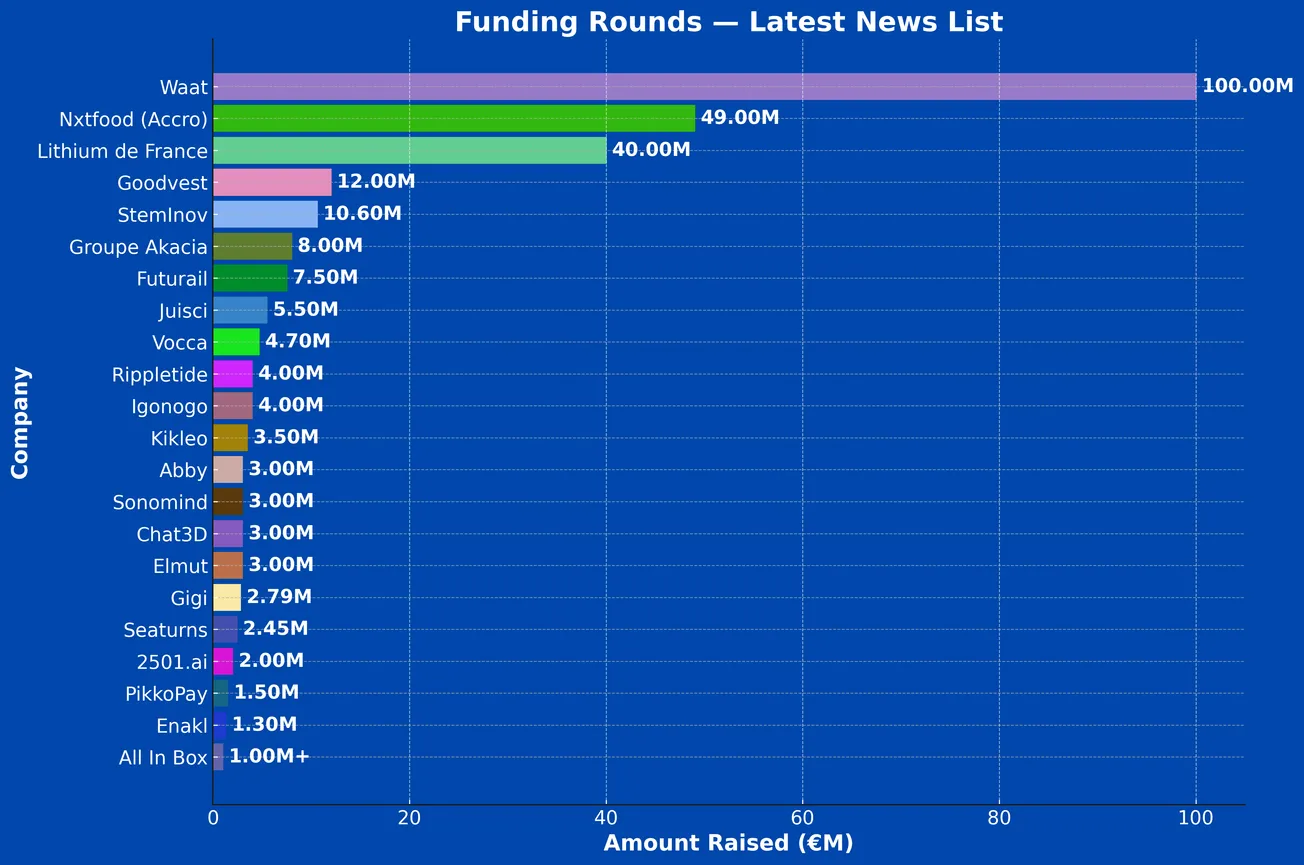AI Summit Day 1: Global Leaders Call for Privacy and Security Safeguards To Protect Democracy
"We cannot take this progress forward when we are not including diverse voices. Democracies around the world have different shapes and forms."

Latest
La Machine #44: A €100M AI Fund To Defy Silicon Valley's Siren Song
C4 Ventures launches a €100M fund as French AI startups raise €30M+ across 8 deals, from Juisci's medical research platform to Chat3D's generative models. Yet Gigi and Rippletide still decamp for Silicon Valley despite strong European momentum.

C4 Ventures Bets €100M on Europe’s AI Future: New Fund and Partner to Challenge Silicon Valley & China
Paris-based C4 Ventures launches its third €100M fund and adds deep tech investor Valère Rames, underscoring its conviction that Europe can build world-class AI, quantum, and robotics companies despite a tough VC climate.

How Juisci Is Using AI to Save Doctors 8 Hours a Week and Fight Medical Misinformation
French startup Juisci just raised €5.5M to help 200,000+ doctors cut through the flood of medical research. Its AI app turns dense PDF studies into bite-sized insights, saving hours each week and fighting disinformation. Science, served up like Spotify.

French Tech Funding Wire September 26: Waat, Nxtfood, Goodvest & More!
Between September 22 and September 26, a total of 23 companies raised €271.8M, including: Lithium de France, StemInov, Groupe Akacia, Futurail, Juisci, Vocca, Rippletide, Igonogo, Kikleo, Abby, Sonomind, Chat3D, Elmut, Gigi, Seaturns, 2501.ai, PikkoPay, Enakl, and All In Box.

